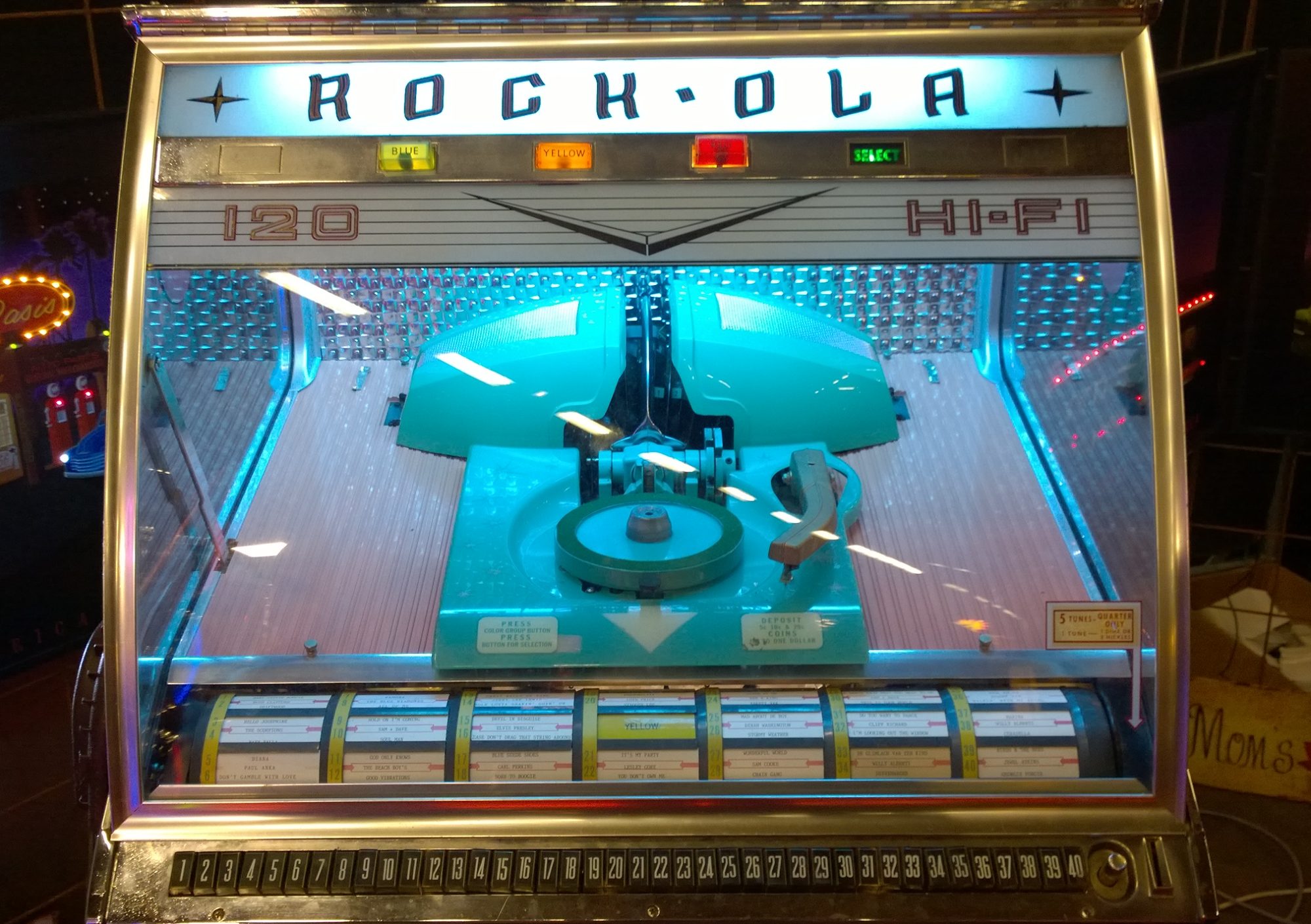It is easy to say all failuers and stumbles in life should carry a lesson, that “whatever does not kill us, makes us stronger” – but sometimes it is harder done than uttered.
But I did indeed carry out an important lesson out of my previous break up: from among all those things I clinged to and amassed to “feel happy”, most I did not need.
It was not a lesson that fell on a completly barren ground: I’d like to think I was never completly materialistic. But I did, in my unhappy relationship and boring life depend too much on consuming to try and keep myself entertained.
And then, the break up came, with a massive financial hit and even a straightforward decrease in living space; suddently the smartest thing to do was to cut all the spending massively (obviously), but also among what possessions I carried out of my previous life, most of them remained (and still remain) packed in boxes. As such, it was impossible to ignore the logical implications of the fact that I did not need all that stuff – and that realisation made me feel incredibly happy, more than any of my buying sprees ever did.
My personal living space is functionally minimalistic right now, my life uncluttered. My love for beauty still gets plenty of opportunities to manifest because when I do need to bring new items to my life, I make sure they are functional and visually appealing, my finances are secure and my life unburdened: there almost is nothing I possess – save for a ring my Mother gave me – that I can not cut out of my life without a feeling of loss.


